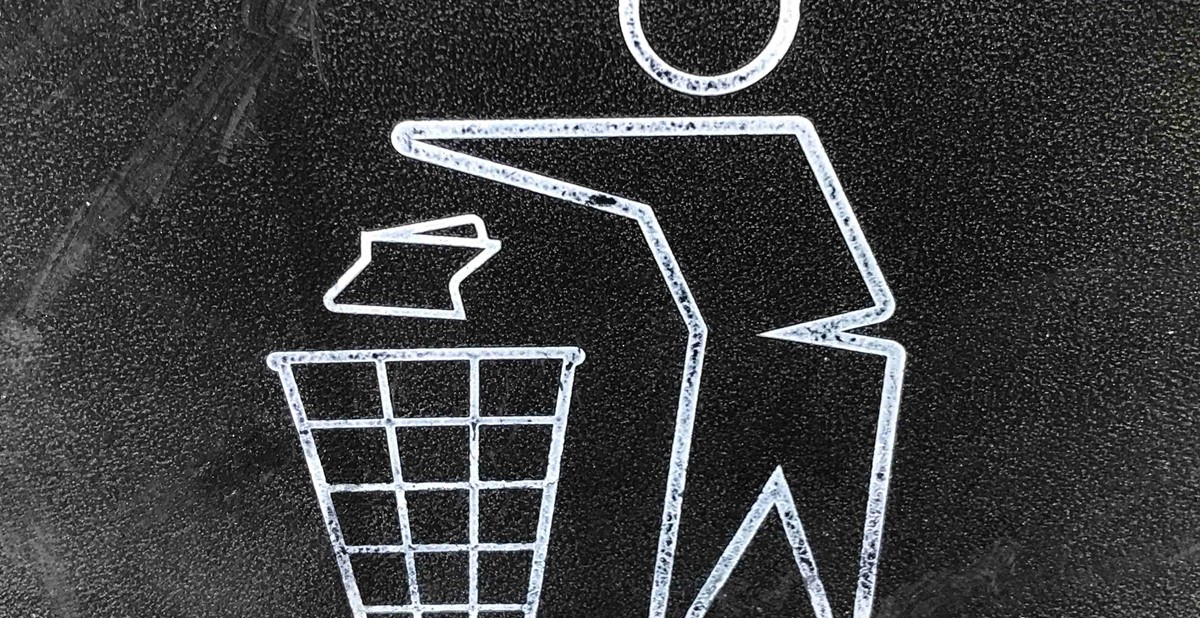Brandable: Burger King Asks Consumers To Burn Toys In Kids Meals

When considering creative branding and strategy, fast-food eateries are a sure thing, because to remain relevant and competitive, they must always innovate to retain consumer preference—and their taste buds. In October, PPB covered Burger King’s play on Netflix’s Stranger Things and its limited-time offer of the unusual Upside-Down Burger, modeled after the Netflix series’ Upside Down World. Now, Burger King UK is trying its hand at an entirely different approach—asking kids to have a hand in melting the toys they receive with their meals.
For some, fast-food toys represent collectibles; mementos or tokens from childhood. But now, according to Fast Company, the excitement associated with the toys in kids’ meals lasts all of five minutes, and they are destined to be lost or disregarded. So in light of consumer feedback, along with the recent push to eradicate plastic straws and related waste, Burger King decided to remove plastic toys from its kids meals through an initiative dubbed “The Meltdown.” At press time the effort hasn’t reached the U.S. yet, but it has been kicked off in the UK, with plans for global expansion and the restaurant’s entire removal of non-biodegradable toys by 2025.
In the UK, Burger King customers are being asked to drop the plastic toys they’ve received in kids’ meals in plastic toy amnesty bins located in more than 500 restaurants, so the plastic can be melted and recycled for other uses by Pentatonic, a circular economy firm. During the week of September 19-30, Burger King UK offered a complimentary King Junior meal with any adult meal to patrons who brought in toys. To promote the initiative, Burger King UK created life-size characters of some of its kids’ toys and gave the base of the toy a melted appearance. One of these characters included the campaign’s mascot, Beep Beep—a bunny driving a jeep—which was made entirely from recycled materials, and was installed on London’s South Bank, an entertainment district in central London, during the week of the King Junior meal promo.
–––––––––––––––––––––––––––––––––––––––––––––––––––––––––––
Danielle Renda is associate editor of PPB.

